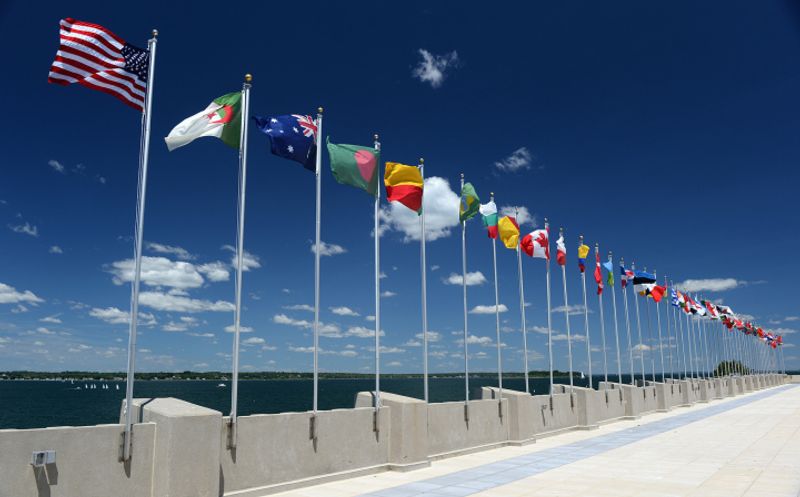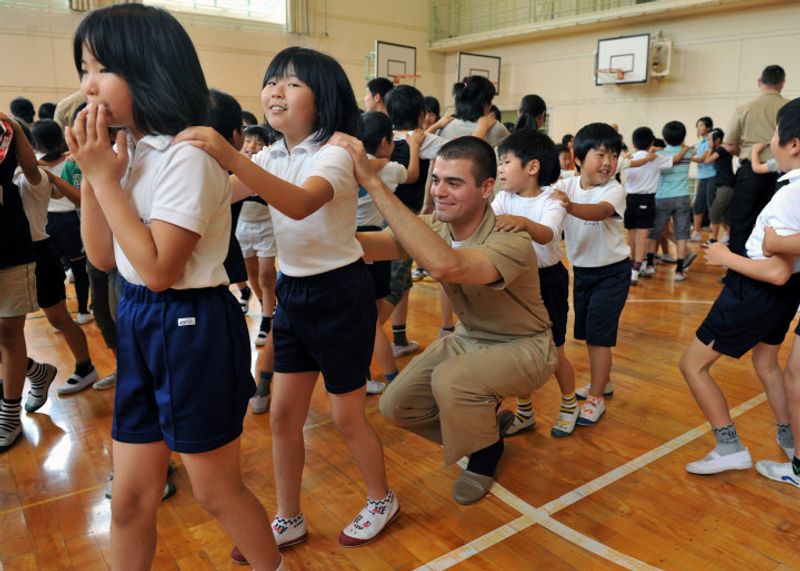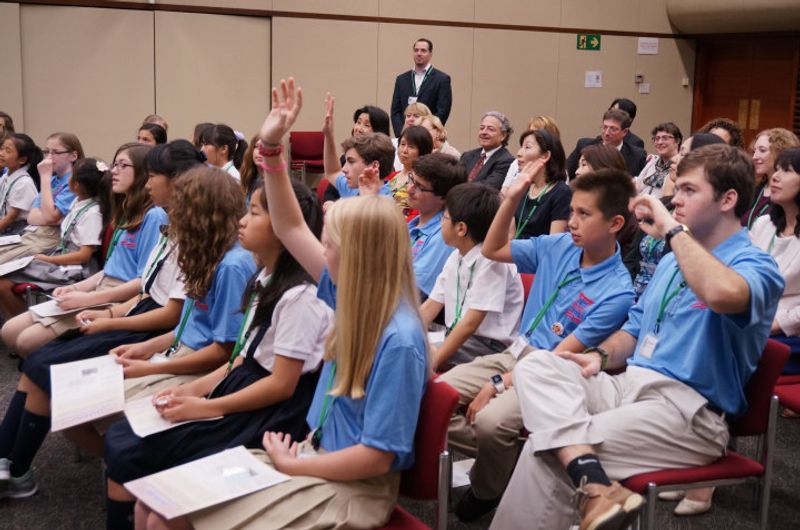Jan 10, 2017
Considering sending your kids to an international school in Japan?

Expats in Japan (or those making plans to that effect) with school-going kids will likely be considering the prospect of sending their kids to an international school in Japan. Perhaps this is the default choice of schooling in such a situation anyway; Japan's public school system delivers an education in Japanese (understandable), English curriculums and teaching methods are a work in progress, and many an expat/ALT have remarked of Japanese schools (particularly at jr high level) that the main item on the agenda is to teach students how to be Japanese. For expat parents in Japan, who want their kids to be able to connect almost seamlessly from a previous school to a new one (and potentially to the next school when they are moved again) the option of an international school in Japan may sound like the natural choice.
Just who/what are these 'international schools', how special are they and how much do they cost? These are all things to be considered in one of the hardest decisions to make as parents!
What does it mean to be an 'international school' in Japan?
Light research will throw up around 39 international schools in Japan. Through my own experience however, I can tell you this number is grossly understated, largely due to the way the term 'international school' is defined here in Japan.
Here, international schools include:
Major league international schools examples of which include The American International School and The British School (among others).
Schools with an international enrolment but with facilities in Japan only. Examples of these schools can be found in Saint Mary’s International School, Yokohama International school, and Sacred Hearts (among others)
There are also those schools here in Japan that promise an education provided in the English language. These school are usually smaller in scale and may be limited to pre-elementary school education. They can be very popular with Japanese families who tend to find it difficult to enter their children into the bigger international schools or are using this educational route as a way to build credentials for potential admission to a larger school further down the line. This brings up an important consideration; that it should not be a surprise to find an 'international school' in Japan who's enrolment books are almost full ... with local students. An education delivered in English carries great appeal in a Japan increasingly looking beyond its own shores for ideas, investment, opportunities, and economic growth.

What international educational systems do they follow?
The Advanced Placement System (AP), the International Baccalaureate system (IB) or the home-brewed system.
Both AP and IB are programmes originally designed to help school students cope with college/university in the future. The AP system is more traditional and focuses on learning specific content and then qualifying the knowledge through a series of tests. On the other hand, the IB system is a modern approach of learning, emphasizing writing and the development of critical thinking skills.
In order to be an IB school, a facility would need to take a series of courses and make changes to their curriculum in order to qualify. There are currently 39 schools in Japan (find them at ibo.org) that offer an IB education at all levels.
There are certainly pros and cons to the respective systems so parents should seek proper consultation with schools to understand their approach and see how this fits into their child's personality and inclination to learn.
What is a typical school year?
Typically, the regular 'international school' year will start in August and end in the following May/June. The period from late June to July is usually for 'summer school'. As most international students and faculty will go away for their summer vacations, the schools will likely be closed in August. Those expat families in Japan with no plans to go away during this month may need to seek alternative child care services, if these are required at all.
There are three other major breaks in the school year; Winter break from mid December to around mid January; Spring break, which is usually in March and finally Fall/Autumn break, which is somewhere in October.
Besides these major breaks, there are odd days off here and there, depending on the respective schools.
How much does it cost to send your kids to an international school in Japan?
There is a big range and lots of disparity in terms of how much an international school education would cost here in Japan. It really also depends on the age of the student, and the amount of time they are going to spend in school on a regular day or week.
What I will attempt to do here, is not to provide a definitive price list, rather a list of components that contribute to the final cost and the cost range. These 'terms' will likely different from school to school but the essence and purpose remains the same.
This is a yearly breakdown of the costs of an international school education in Japan ... (all costs listed in Japanese Yen)
Regular fees
| Tuition | 1,500,000 - 2,500,000 |
| Building management | 100,000 - 200,000 |
| Family committee fees | ~ 20,000 per year |
Special fees
| One time application fee | ~ 20,000 |
| One time registration fee | ~ 300,000 |
| One time development fee | ~ 500,000 |
Other out of pocket expenses
Lunch fee: 140,000 - 200,000
School bus: ~ 300,000
Extra curriculum or learning support courses / School uniforms / Excursions / Donations

Application period
The school year will usually start in end August and end somewhere in May/June. There is usually an application deadline in November, but given the nature of some expats' nomadic lifestyle, most schools are quite flexible to accept applications as and when you know you are moving to Japan. Having said that, do note that most schools in Japan will require potential students to sit through a screening test (with the exception of kindergartens and play schools) which would typically happen in January.
So what is your final decision? Will you be sending your children to an international school in Japan? Do you already have experience with this? We'd love to hear from you. Leave us your comments below.
Further reading ...
Are plans to help foreign students in Japan going to be enough?
This earlier post on City-Cost looks at measures proposed within Japan's Ministry of Education, Culture, Sports, Science and Technology to improve education standards for those foreign students currently studying in Japan's public school system.
Follow us on:
Twitter: @City_Cost_Japan
Facebook: @citycostjapan
Source(s):
List of international schools in Japan - Wikipedia
Photo credits:
(Top) US Naval War College US
(Middle) Commander US 7th Fleet
(Bottom) US embassy Tokyo
Rights: Flickr



0 Comments